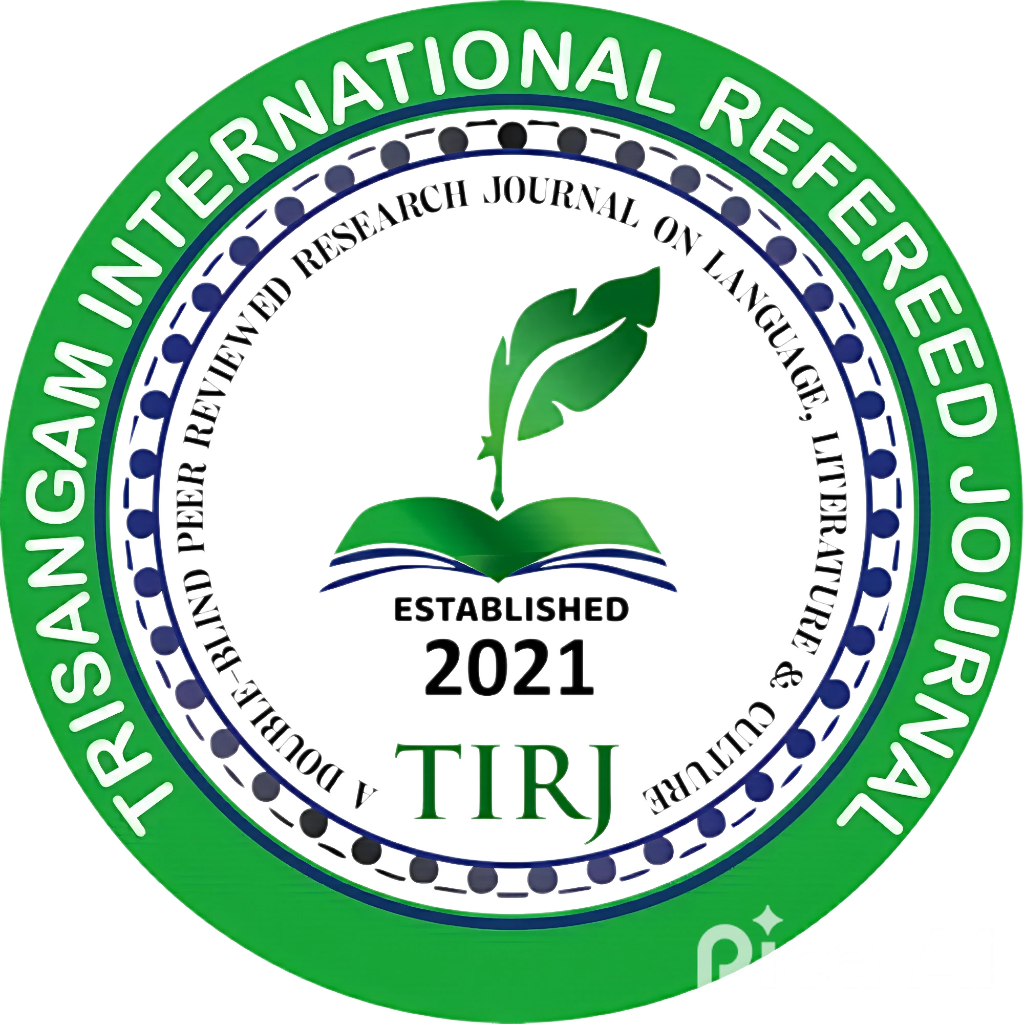Enakshi Roy's Memoir 'Joler Bhuvan': Lost Childhood and a City Character/ এণাক্ষী রায়ের স্মৃতিলিখন ‘জলের ভুবন’ : হারিয়ে যাওয়া শৈশবযাপন ও একটি শহরচরিত্র
Keywords:
- Memoir,
- Lost Childhood,
- City Character,
- Nostalgic,
- Historical Significance,
- Migration,
- Reminiscence,
- universal,
- timeless
Abstract
Enakshi Roy's 'Joler Bhuvan' (2016) is such a memoir that is not only about her own childhood experiences, but also of various experiences of many people related to their childhood life which is nostalgic. It is reminded of the various materials left behind by many people related to their childhood life in the seventies and eighties, which are now a thing of the past. The sincere relationships of childhood, games, observance of vows, free-roaming in the bosom of nature, the tradition of fairs, the craze of puppet dancing, telegrams, postcards, inland letter cards, the khaki-coloured clothes of the postman, the coal engine of the railway car, the well-welder, the curd seller, floating paper boats in the rainwater, the wedding of dolls, etc. are being lost in the 21st century. Many of the joys of childhood life have been lost to today's generation. Therefore, the various elements of that lost childhood described in the memoir have special historical significance. It is also about being a living character of a city and being intimately involved with life. That city is Jalpaiguri in North Bengal. The history of the naming of Jalpaiguri district, the horror of floods, the nature of the Karala River, the Dharla River, the Rukruka River, the discovery of the Toto caste by Enakshi Roy's grandfather Jatindranath Roy, the sweetness of the language of Jalpaiguri city under the influence of the Rajbangshi language, the tradition and antiquity of the Jalpesh fair, the contribution of Nawab Hossain Mosharraf to Jalpaiguri, the words of Thakur Panchanan Barma, some historical facts of Jalpaiguri centered on Netaji-Gandhiji, historical information about the change of the route of the Darjeeling Mail, information about the city's traditional shops, schools and colleges - all these things are presented in the memoir in connection with life experiences. Finally, the pain of being uprooted due to Enakshi Roy's migration from Jalpaiguri to Kolkata is added. There is talk of alleviating that pain through reminiscence. The style of the memoir captures a touch of poetry. The significance of the memoir, "The Water World," lies in its transcendence of the personal to become universal and timeless.
Downloads
References
১. রায়, এণাক্ষী, জলের ভুবন, প্রথম সংস্করণ, রাবণ, কলকাতা, ২০১৬, পৃ. ৭৬
২. তদেব, পৃ. ১৪
৩. তদেব, পৃ. ২৭
৪. তদেব, পৃ. ৩৩
৫. তদেব, পৃ. ৩৯
৬. তদেব, পৃ. ১০৯
৭. তদেব, পৃ. ৮৯
৮. চক্রবর্তী, ড. বরুণকুমার (সম্পা.), বঙ্গীয় লোকসংস্কৃতি কোষ, পুনর্মুদ্রণ সংস্করণ, অপর্ণা বুক ডিস্ট্রিবিউটার্স
(প্রকাশন বিভাগ), কলকাতা, মার্চ ২০১২, পৃ. ৩২৭
৯. রায়, এণাক্ষী, জলের ভুবন, প্রথম সংস্করণ, রাবণ, কলকাতা, ২০১৬, পৃ. ১০৮-১০৯
১০. বিশ্বাস, অচিন্ত্য, লোকসংস্কৃতি ও বাংলা সাহিত্য, প্রথম প্রকাশ, অঞ্জলি পাবলিশার্স, কলকাতা, ফেব্রুয়ারি
২০০৮, পৃ. ১৩৯
১১. তদেব, পৃ. ১৪২
১২. রায়, এণাক্ষী, জলের ভুবন, প্রথম সংস্করণ, রাবণ, কলকাতা, ২০১৬, পৃ. ২২
১৩. তদেব, পৃ. ৩৫
১৪. তদেব, পৃ. ১৩৯
১৫. তদেব, পৃ. ৫৭ - ৫৮
১৬. তদেব, পৃ. ১২৭
১৭. সিকদার, সুনন্দা, দয়াময়ীর কথা, একাদশ প্রকাশ, গাঙচিল, কলকাতা, নভেম্বর ২০১২, পৃ. ৪২
১৮. তদেব, পৃ. ৪৪
১৯. রায়, দেবেশ, গল্পসমগ্র ৪ (ভূমিকা), প্রথম প্রকাশ, দে’জ পাবলিশিং, কলকাতা, এপ্রিল ১৯৯৪, পৃ. ৯
২০. রায়, এণাক্ষী, জলের ভুবন, প্রথম সংস্করণ, রাবণ, কলকাতা, ২০১৬, পৃ. ২২






